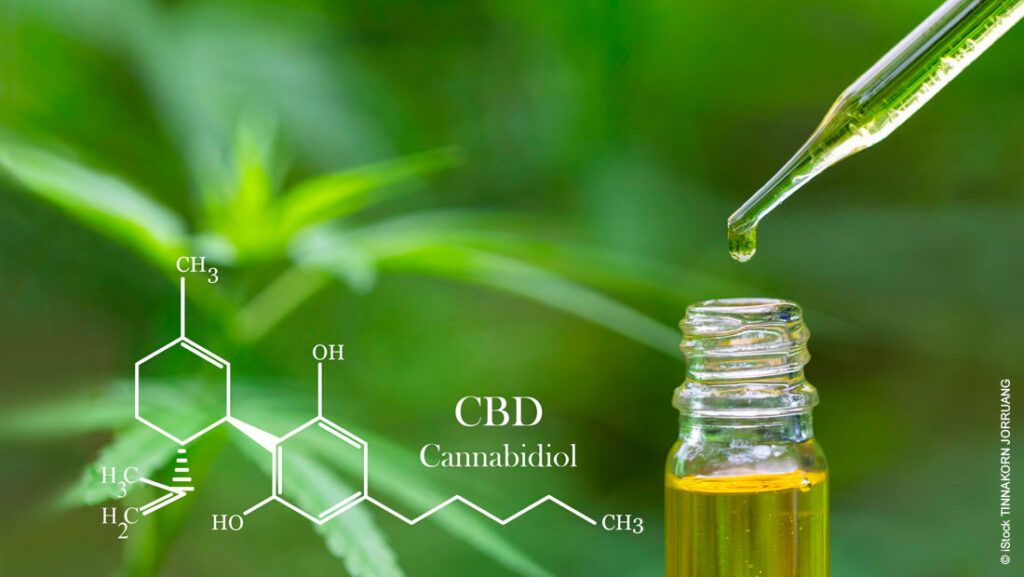Understanding the Legality of Full-Spectrum CBD Oil: A Global and State-by-State Overview
As the popularity of full-spectrum CBD oil continues to grow, questions surrounding its legality remain a hot topic. Full-spectrum CBD oil contains cannabidiol (CBD) and other naturally occurring compounds from the cannabis plant, including trace amounts of tetrahydrocannabinol (THC). The inclusion of THC often complicates its legal status. This blog provides a detailed overview of the legality of full-spectrum CBD oil in the United States and across the globe.

What is Full-Spectrum CBD Oil?
Full-spectrum CBD oil is a type of CBD extract that retains all the cannabinoids, terpenes, and flavonoids found in the cannabis plant, including up to 0.3% THC as per U.S. federal law. This trace THC content is often what differentiates full-spectrum products from CBD isolates or broad-spectrum CBD, which contain no THC.
The Legal Status of Full-Spectrum CBD Oil in the United States
In the U.S., the legality of full-spectrum CBD oil is determined by federal law and individual state laws.
Federal Law
The 2018 Farm Bill legalized hemp-derived CBD products containing less than 0.3% THC. This means that full-spectrum CBD oil derived from industrial hemp is legal at the federal level. However, the Food and Drug Administration (FDA) regulates CBD in food, beverages, and dietary supplements, creating additional restrictions on its sale and marketing.
State-by-State Legal Status
While federal law provides a baseline, states have their own laws governing CBD oil, which can vary widely:
Fully Legal States: States like California, Colorado, and Oregon allow the sale and use of full-spectrum CBD oil for both recreational and medicinal purposes.
Medicinal Use Only: States like New York and Florida permit full-spectrum CBD oil only for registered medical cannabis patients.
Restricted States: States like Idaho and Nebraska have stricter rules, requiring CBD products to contain 0% THC or be derived from certain parts of the cannabis plant.
Gray Areas: In states such as Texas and Georgia, the legality of CBD can depend on specific formulations or local enforcement practices.
It’s crucial to check the specific laws in your state before purchasing or using full-spectrum CBD oil.
State by State Legality List Overview
International Legality of Full-Spectrum CBD Oil
The legal status of full-spectrum CBD oil outside the U.S. varies significantly from country to country.
Canada
Full-spectrum CBD oil is legal, but it falls under the Cannabis Act. Products must be purchased from licensed producers, and the sale of CBD-infused foods and beverages is highly regulated.
European Union (EU)
In most EU countries, full-spectrum CBD oil is legal if it contains less than 0.2% THC. However, individual countries like France and Sweden have stricter rules, banning any CBD product containing THC.
United Kingdom (UK)
CBD oil is legal in the UK as long as it contains less than 1 mg of THC per product. Products must also meet specific regulatory requirements.
Asia
Countries like Japan and South Korea allow CBD oil with no detectable THC. On the other hand, countries like China and Thailand have more complex rules, and in many cases, CBD oil remains illegal.
Australia and New Zealand
In Australia, full-spectrum CBD oil is legal for medicinal use with a prescription. New Zealand has a similar prescription-based system for CBD products containing THC.
Latin America
Countries like Mexico and Brazil allow CBD oil for medicinal use, while others, such as Argentina, have varying levels of restriction.
Africa
South Africa permits CBD oil containing less than 20 mg of cannabidiol per daily dose, with limited THC. In most other African nations, CBD products remain illegal.
Tips for Navigating the Legal Landscape
Know Your Source: Ensure your full-spectrum CBD oil is derived from hemp, not marijuana, and contains less than the legally permitted THC level.
Check Local Laws: Always verify your state or country’s specific CBD regulations, as they may differ from federal or international guidelines.
Seek Certifications: Look for products with third-party lab reports verifying THC content and legal compliance.
Be Aware When Traveling: CBD laws vary widely, so carrying full-spectrum CBD oil across state or international borders can sometimes result in legal issues.

The legality of full-spectrum CBD oil is a patchwork of regulations influenced by federal, state, and international laws. While hemp-derived products containing less than 0.3% THC are federally legal in the U.S., state laws can be more restrictive. Globally, legal thresholds for THC content and regulatory frameworks differ significantly, requiring consumers to remain vigilant about their local rules.
Always research thoroughly before purchasing or traveling with full-spectrum CBD oil to ensure you remain compliant with the law.
